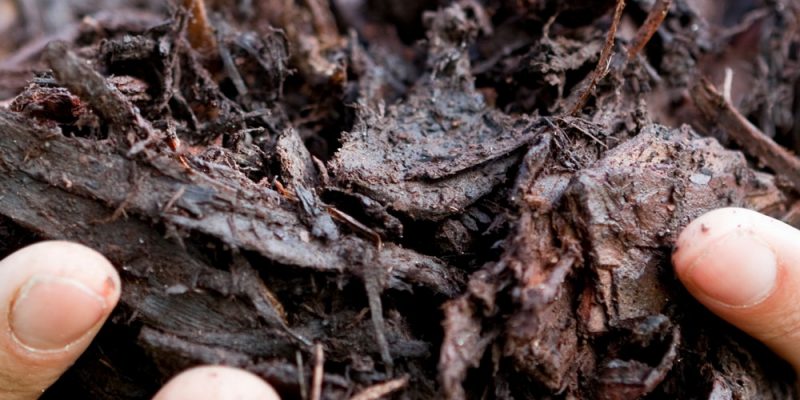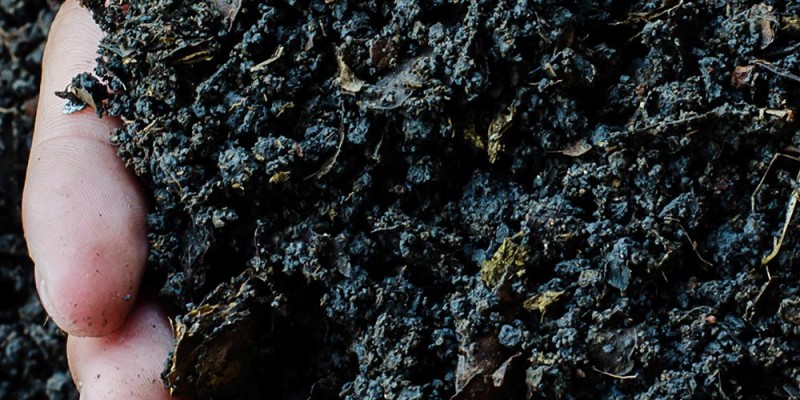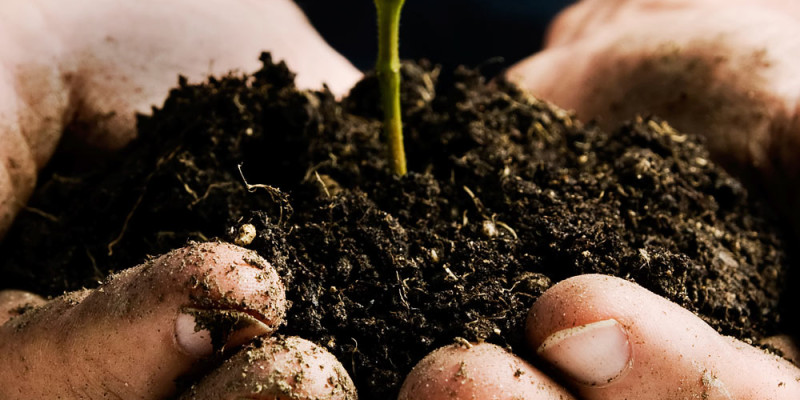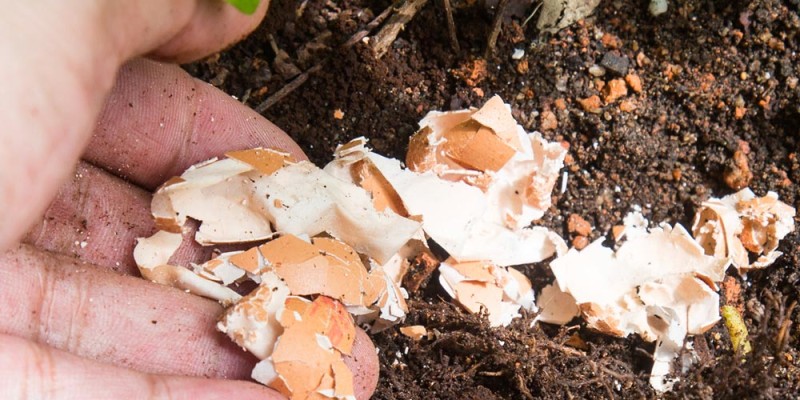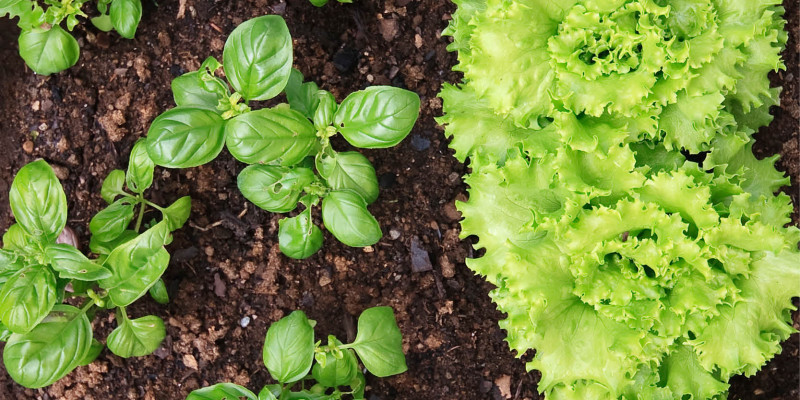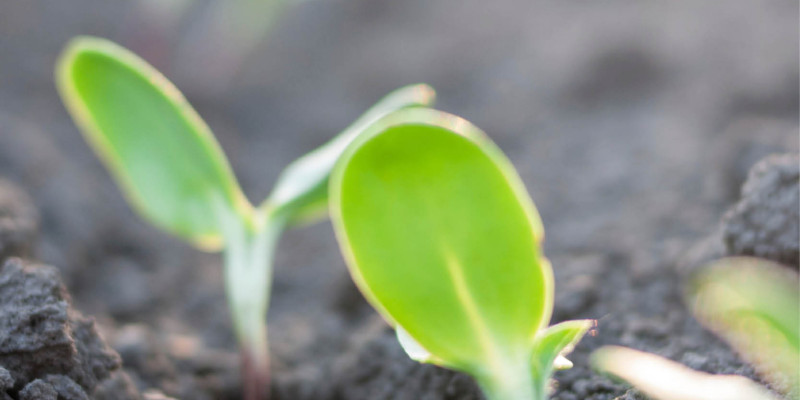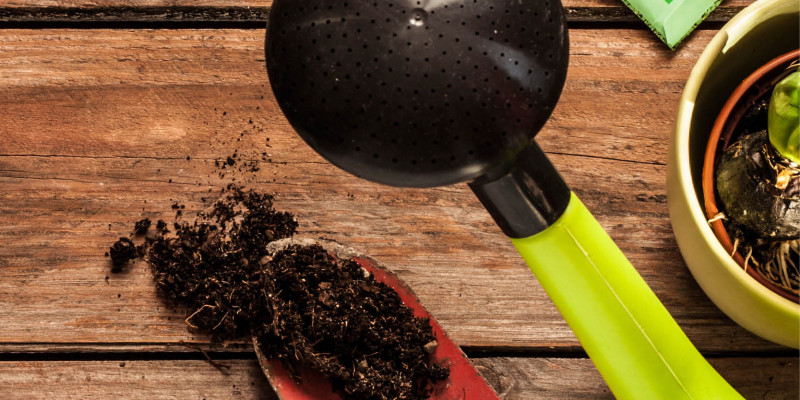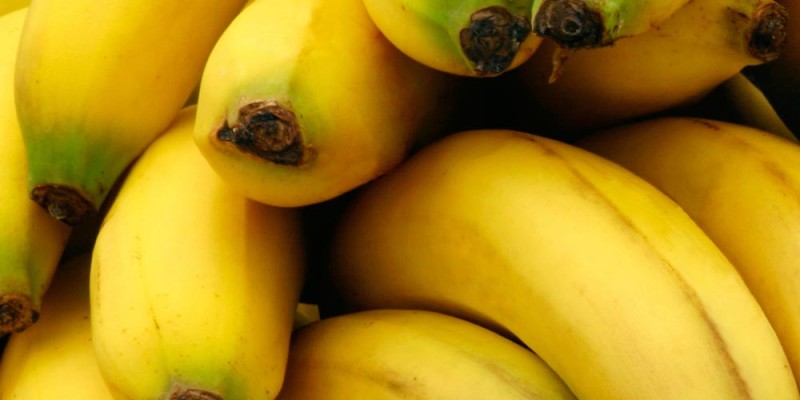Kelp Fertilizers and Additives in Organic Gardening
If you’re an organic gardener you have probably seen and used kelp products. They come in a variety of forms from liquid fertilizers to dried kelp meal and powders. So with all of these products out there what benefit do they bring to your garden and are they worth it?
Lets start with taking a look at what benefits Kelp brings to the garden table.
Nitrogen Phosphorus and Potassium are some of the macro nutrients required for plant growth and because they are used in such high quantities are often the nutrients that get depleted in the soil the fastest.
The highest reported Kelp product NPK was Kelp powder. The Colorado State Extensions website reports the NPK at 1 – 0 – 4. [5] A variety of sources state the NPK of the other product as negligible. Often kelp products are mixed with fish products to give them an NPK.
With a low or negligible NPK let’s take a look at the trace elements in Kelp products.
There are generally speaking 18 elements in the soil that are considered to be essential or beneficial to plant growth.[8] The presence or absence of these elements will impact the overall plant growth and production. Of these 18 elements it is common to test for all but Chlorine and Silicon as they are well distributed on earth.
Many species have been used for agricultural purposes as to add essential and beneficial elements. One such species of Kelp was analyzed for trace elements Stoechospermum marginatum. The results are in mg/L and included Copper, Manganese, Zinc, Iron, Potassium, Magnesium, Cobalt, and Sodium. [2] These account for 8 of the 16 essential and beneficial elements required for plant growth that are commonly tested for.
Kelp is commonly marketed not only to add elements to the soil but as having plant growth hormones.
Plant growth hormone can have a number of benefits to vigor and growth in your garden. Most notably is its ability to stimulate root growth. [6] Larger root systems anecdotally result in healthier plants that can resist disease and stress better while producing larger harvests.
Kelp has been found to have high concentrations of plant growth hormone [2]. The hormones found in kelp extracts have been shown to have varying success in aiding the establishment of seedlings and any net gain is lost in the first 5-10 weeks of growth. [6] Over application of the concentrated hormones was also shown to have a net negative effect on seedlings growth.
Kelp products seem to bring some benefit for our gardens. Right? Well I am not sold on the idea of using kelp products in my garden. Let me explain why.
The two main benefits kelp brings to the garden is essential and beneficial elements and plant growth hormones.
Over the last few weeks we have evaluated a number of free and local resources. Specifically fall leaves and comfrey. Both have been shown to have essential and beneficial elements. Fall leaves have 11/16 essential and beneficial elements while comfrey has 15/16. The one element that is missing form all three materials is selenium. As selenium is an essential part of at least 3 amino acids one can assume it is in any soils that have been amended with compost and it is simply below the tests detection limit.[9] [10]
So not only does comfrey have a good NPK in this case fall leaves and comfrey have more trace elements then Kelp does. So what about those plant hormones ?
Earth worms and composting worms provide a number of benefits in your garden. They break down organic material releasing nutrients, beneficial bacteria and plant growth hormones. These rich castings can be made in worm farms or directly in the garden by letting them break down your mulch layer made of things like fall leaves and comfrey among others.
A research paper published in the European Journal of Soil Biology found the same plant growth hormones found in the kelp extracts were also found associated with the humic acid in vermicomposts.[7] So once again a free and local resource has a source of plant growth hormones.
If you do not have access to vermicompost there is plant growth hormone derived from other sources that are just as effective and often more common and cost effective.
Over the past few years I have used the worm castings and live compost worms to place under my new seedlings or near my perennials. With a healthy mulch layer of free and local resources like fall leaves, wood chips, comfrey and used coffee grounds these compost worms create an abundant source trace elements and growth hormone directly in my garden.
Knowing that there are free and local resources that I have access to that provide the same benefits I prefer to go to them. They are the more environmentally friendly option.
Commercial harvesting of kelp for the production of fertilizers is a damaging process. Kelp is harvested from the ocean where it is a primary producer in intertidal ecosystems. This means kelp is on the bottom of the food chain and is essential for the survival of the entire system and over harvest can cause local ecosystem collapses. [3]
Harvesting kelp from the ocean is similar to removing the leaf litter and organic layer of a forest. The results can have a huge impact to the ecosystem.
In moderation collecting small amounts of kelp from the shore may be like collecting a few leaves from the edge of a forest. It is likely not going to cause significant damage to the ecosystem but why would you go to that trouble when there are alternative free and local resources that would otherwise be heading to landfills.
Another added benefit of the free and local resources is they are produced on or near your garden requiring little to no fossil fuel to collect and use them. Kelp products generally must be shipping and processed consuming fossil fuels and then you must add on the cost of the product although fairly reasonable you just can’t beat free.
Kelp products do have a fair spread of essential/beneficial elements and contain plant growth hormones that can benefit our home garden plants. That said I can’t support the use of them because of their damage to the environment, use of fossil fuels and the fact that there are free and local alternatives.
[1] Nutrient content of Kelp products:
http://www.ext.colostate.edu/mg/gardennotes/234.html#kelpM
[2] Elemental analysis of Kelp:
http://journal-phytology.com/index.php/phyto/article/viewFile/8950/4574
[3] Harm that Kelp Products do:
http://joa.isa-arbor.com/articles.asp?JournalID=1&VolumeID=40&IssueID=2
[4] Effects of Kelp on Seedling Establishment:
http://www.tandfonline.com/doi/pdf/10.1080/01448765.2013.830276
[5] Colorado State Faculty of Extensions Kelp Page
http://www.ext.colostate.edu/mg/gardennotes/234.html#kelpM
[6] Effects of plant root hormone
http://aem.asm.org/content/37/5/1016.short
[7] The effects of Humic acids from vermicomposts on plant growth
http://www.sciencedirect.com/science/article/pii/S1164556306000379
[8] Essential and Beneficial elements for plant growth
http://soils.wisc.edu/facstaff/barak/soilscience326/listofel.htm
[9] Selenium Sources
http://en.wikipedia.org/wiki/Selenium
[10] Selenium availability maps
http://mrdata.usgs.gov/geochem/doc/averages/se/usa.html
